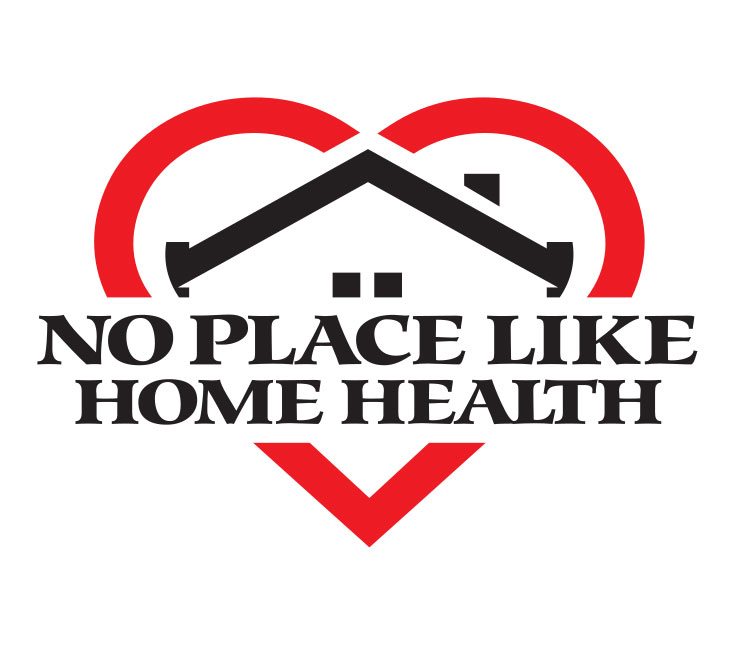A Guide to Pressure Wound Care and Prevention for Seniors
Our bodies are increasingly vulnerable to several health problems as we age, including pressure wounds. Pressure wounds, sometimes referred to as bedsores or pressure ulcers, are regions of skin injury brought on by sustained pressure applied to the skin. They are especially common among older people who might not be as mobile or who spend a lot of time in bed or a chair. The good news is that seniors can effectively treat pressure wounds and lower their risk of developing them with the help and assistance of home health care specialists.
In this blog, we’ll look at how home health care can help seniors take preventative steps and care for pressure wounds.

Home Health Care Farmington MI – A Guide to Pressure Wound Care and Prevention for Seniors
Understanding Pressure Wounds
It’s important to comprehend what pressure wounds are and how they arise before diving into preventative and management techniques. Pressure wounds usually result from prolonged application of pressure to the skin, which obstructs blood flow to the affected area. This decrease in blood flow may cause tissue damage, leading to open wounds. Pressure wounds frequently occur in the elbows, tailbone, hips, and heels.
Prevention Techniques
Seniors’ general health and well-being depend on preventing pressure wounds. To put preventive measures into practice, home health care providers are essential. These measures may include:
Frequent Position Changes: Seniors can reduce pressure on particular body parts by being encouraged to switch positions often. Home health can help seniors avoid putting too much pressure on sensitive regions by helping them change postures, whether sitting or lying down.
Sufficient Nutrition and Hydration: Sustaining good skin requires a well-balanced, nutrient-rich diet. To support skin health and tissue healing, home health care can work with seniors to make sure they are getting enough protein, vitamins, and water in their diets.
Skin Care: Preventing pressure wounds requires maintaining clean, moisturized skin. Seniors who need help with regular skincare regimens, such as mild washing and moisturizing to maintain moisturized and supple skin, can turn to home health to get the care they need.
Frequent Monitoring: Seniors should have their skin checked by home health aides regularly for indications of redness, irritation, or pressure ulcers in the early stages. Early detection stops existing wounds from getting worse and enables timely treatments.
Cleaning and Dressing: To stop infection and encourage healing, wounds must be cleaned properly. To prevent further harm to the wound, it should be gently cleaned with saline solution or a mild cleanser, and then the proper dressing applied.
Education and Support: To help seniors and their carers take good care of their wounds, home health can teach them how to change dressings, spot infection symptoms, and encourage healing through dietary and lifestyle changes.
Home health care can significantly improve the skin health and general well-being of seniors by using preventive measures, meticulous wound care, ongoing support, and education. This well-rounded care plan allows seniors to age comfortably and keep their independence for as long as possible.
Sources: https://www.starmulticare.com/home-health-care-what-do-seniors-need-to-know-about-wound-care-at-home/
https://www.phcsonline.com/blog1/wound-care-in-home-health-care/
If you or an aging loved one is considering Home Health Care Services in Farmington MI, please get in touch with the caring staff at No Place Like Home Health, LLC today. 734-259-4200
Connecting Families with Compassionate & Quality Home Health Care In Wayne, Oakland, Livingston & Washtenaw.
- Helping Seniors Maintain Important Relationships - April 21, 2025
- Common Medication Mistakes Seniors Make And How To Avoid Them - April 7, 2025
- How Does Physical Therapy Help Seniors with Arthritis? - March 21, 2025
